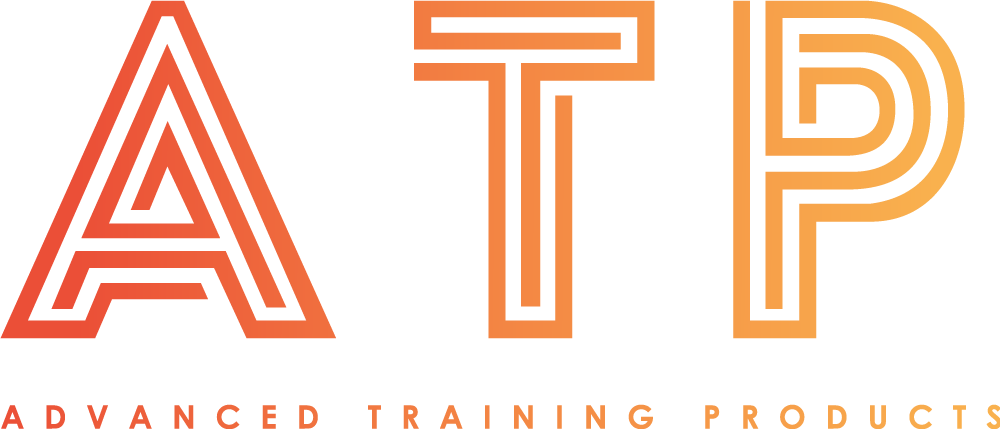White Papers and Press Releases
At Advanced Training Products, we're committed to empowering organizations with the knowledge and tools they need to create safer, healthier workplaces. Our thought leadership resources provide valuable insights into a range of topics, including:
- Total Worker Health® initiatives
- Workplace impairment prevention
- Reasonable suspicion protocols
- Cannabis legalization and its impact on the workplace
Stay informed and stay ahead with our expert analysis and actionable advice.
Keep up with the latest industry news through our press releases below.
Providing Support for Affected Employees: Fostering a Culture of Care and Well-being
Identifying the Need for Support: Pave the way for employee well-being and thriving workplaces.
- Promoting Open Communication: Encouraging open communication and clear reporting mechanisms for employees to disclose their struggles without fear of judgment or retaliation.
- Training and Awareness: Providing comprehensive training to managers, enabling them to recognize and address concerns promptly.
- Regular Impairment Screenings: Regularly conducted in a sensitive and non-discriminatory manner, can identify potential issues early on.
- Performance Monitoring: Monitoring employee performance metrics, such as productivity, attendance, and error rates, can reveal potential signs of impairment that may require intervention.
Offering Comprehensive Support Services: Organizations can provide a range of support services:
- Employee Assistance Programs (EAPs): Partnering with EAPs empowers employees by offering confidential support for substance abuse, mental health, and personal challenges, fostering a healthier and more productive workforce.
- Treatment Referrals: Empower employee well-being by bridging the gap to proper care, from rehab centers to mental health specialists.
- Accommodation Requests: Flexible arrangements, adjusted schedules, and assistive tech - empowering employees to overcome limitations and thrive.
Collaborating with EAPs and Healthcare Providers: Robust EAP and healthcare partnerships weave a safety net for employees navigating workplace impairment, from initial support to ongoing recovery.
- Shared Information and Assessments: Sharing relevant information and assessments with EAPs and healthcare providers to ensure a holistic understanding of each employee's situation and needs.
- Joint Treatment Plans: Collaborating with EAPs and healthcare providers to develop individualized treatment plans that address both the underlying causes of impairment and the employee's specific needs.
- Regular Case Management: Regularly convene EAPs and healthcare providers for case management, tracking progress, intervention efficacy, and tailoring support as necessary.
Certain states like New Jersey have established the role of the Workplace Impairment Recognition Expert ("WIRE") to help address these issues. Advanced Training Products offers an innovative solution: WIRE Certified Training™.

